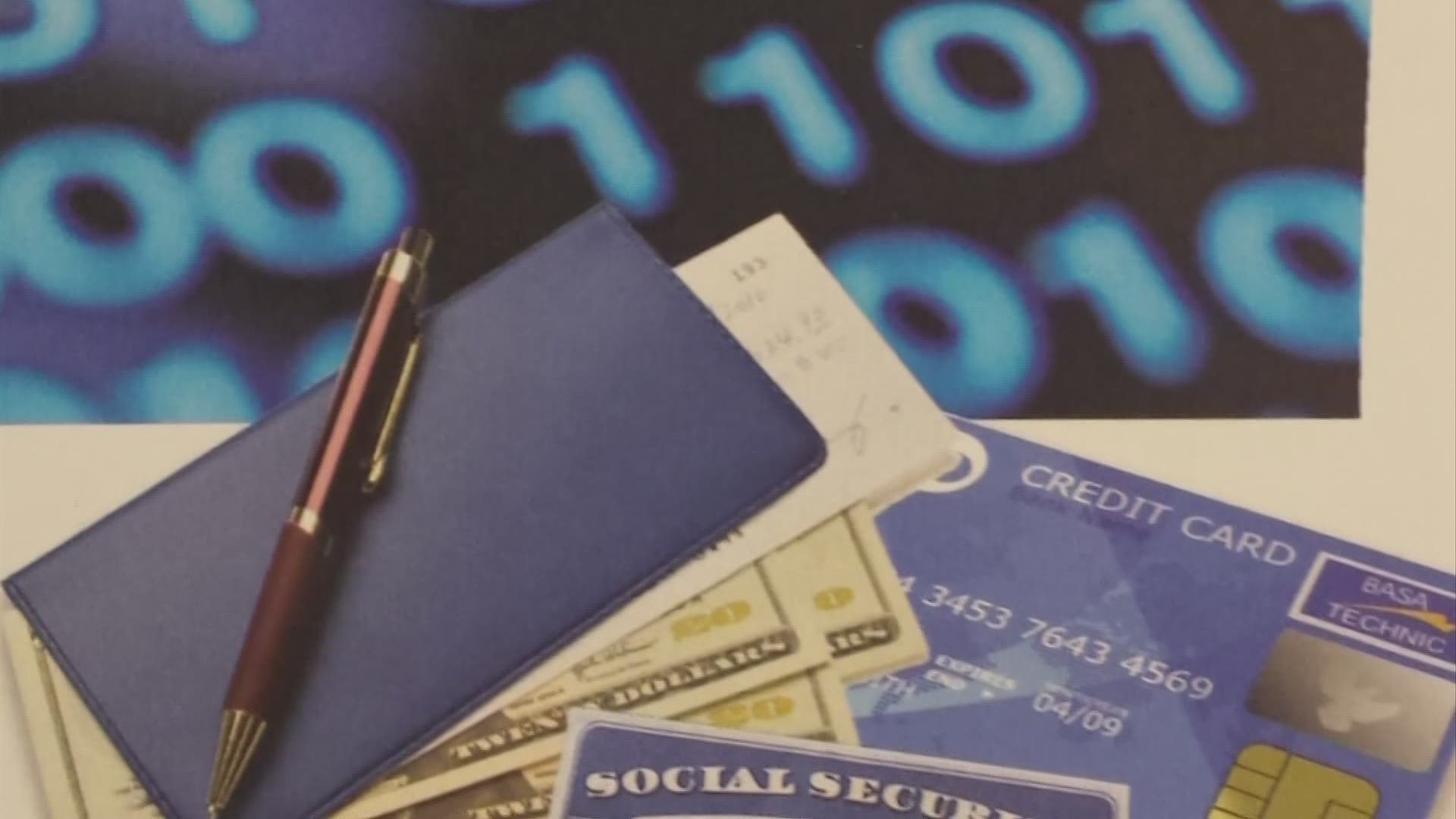Most of us know about identity theft, but chances are you haven’t heard of synthetic identity theft.
“In all reality, it's very hard to detect,” says Kip Morse, President and CEO of the Better Business Bureau of Central Ohio.
He explained to CrimeTracker 10 step by step:
- Scammers steal a Social Security number often belonging to a minor or someone with no credit history
- The number is then attached to a fake name, birthday, and address of an abandoned property to apply for a credit card
“If they can tie that to a legitimate account to start building up the credit history, that’s where they start to grow the information,” Morse said. “Once they build up credit history, they can go ahead and get a credit card, max it out - what they call busting out – and disappear. They got what they want and move on to the next.”
Experts say once your Social Security number has been used in synthetic identity theft, it’s hard to detect.
Morse says that’s why scammers often target children or minors who have unblemished records. By the time they can drive or apply for a credit card, their Social Security is already tangled in a web of debt.
Morse cautions parents to protect their child's Social Security number from the get-go.
He says it’s okay to ask places such as doctors’ offices or summer camps how they plan to use your child’s Social Security number and why.
The BBB also says preapproved credit card offers mailed to your home in your child’s name is another clue that the number is compromised.
You can check for fraud once a year for free at Annual Credit Report.

